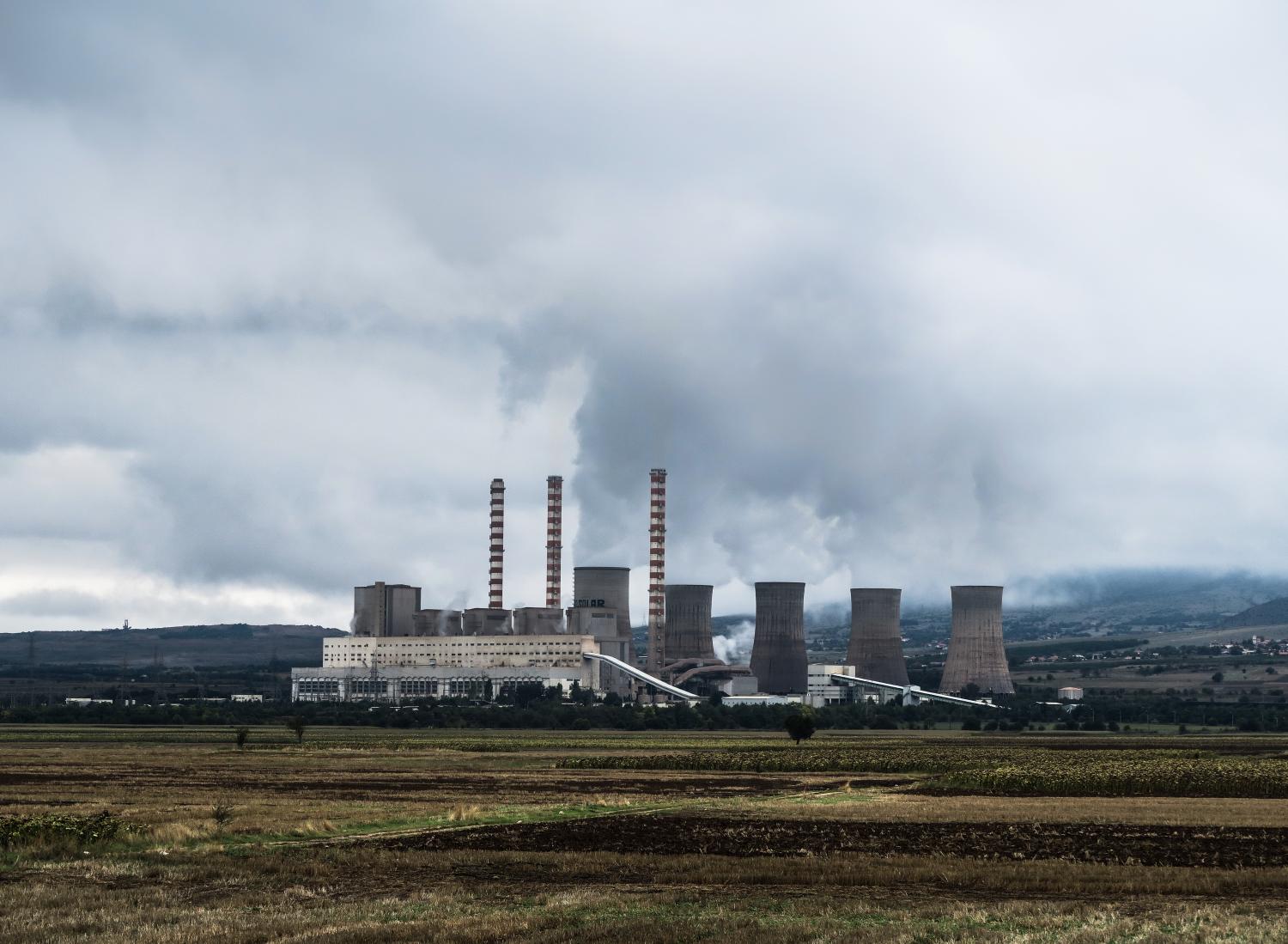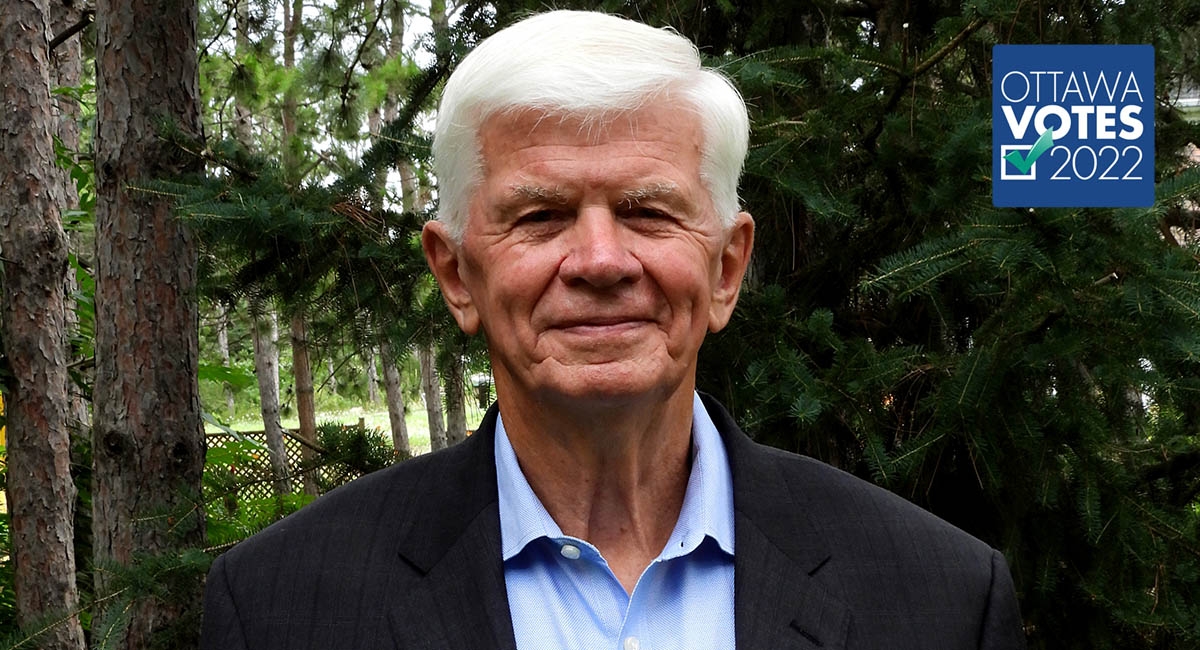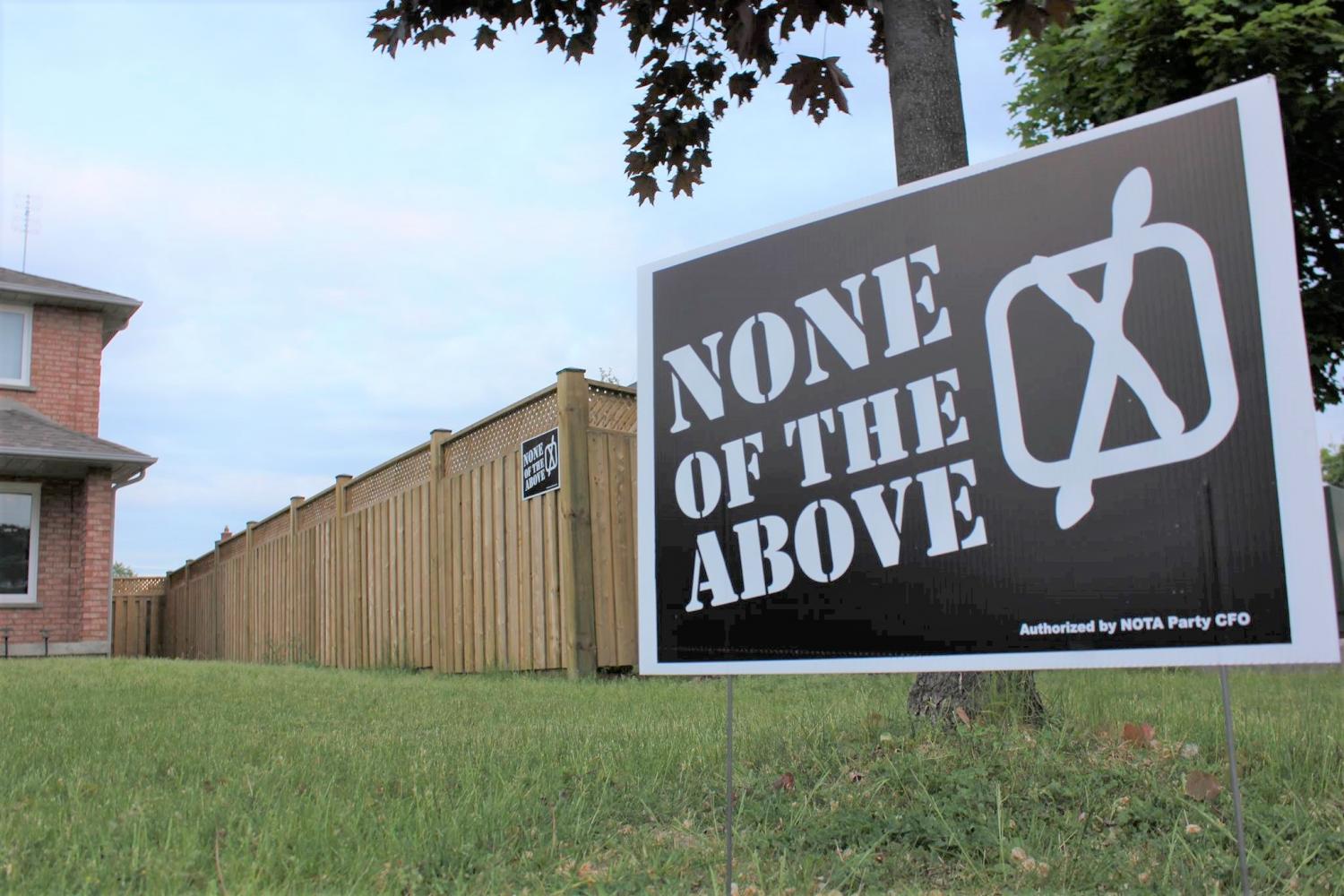
Recycled Rhetoric: A Price on Pollution
For half a century our politicians and leaders have been claiming their policies will increase energy supplies while reducing prices and pollution. Our present Prime Minister is using recycled rhetoric with his pollution claims, "We have a strong plan to fight it, one that leading scientists and economists support. It makes polluters pay and gives the money back to people."
Trudeau’s plan actually makes families needlessly pay much higher costs than the select exempted and/or subsidized industries ever will, making winners out of lobbyists, insiders and cronies, and losers out of the rest of us. We need well researched, scientifically and economically valid energy and environmental policies, clearly not just any plan will do.
No provincial or federal environmental, energy or climate policies comply with the proposed and now delayed Dec. 6, 2016, “life cycle” clean fuels policy Trudeau said was to be twinned with a carbon tax.
Both Trudeau's clean fuel and Ontario Premier Doug Ford's proposed clean diesel policies increase the minimum fuel mandates for ethanol from between five to ten percent, to fifteen percent. It takes more energy to make it than is in it and causes more total life cycle emissions than just the diesel fuel and fertilizer used to do it alone, and even more when burned, making it actually worse than using gasoline or diesel fuel.
Ford’s plan to give millions if not billions directly to polluters to pay their remediation costs appears based on not doing the research two of Ontario’s Auditor Generals reports found was lacking in the former Liberal Government’s green plans.
Neither BC’s Site C Hydro or Quebec’s and Newfoundland’s Churchill and Muskrat Falls projects required any “life cycle" analysis, nor does the Trans Mountain pipeline. Adding the life cycle emissions costs and government incentives to the price of LNG makes it uneconomic, but there are better energy options our politicians have ignored for decades.
In an October 22, 1981, Christian Science Monitor article “Canadian businesses race to bring alternative auto fuel to the market”, Tom Kennedy wrote, “Canada's quest for alternative automotive fuel is on”, and how former Pierre Trudeau Liberal Cabinet Minister and then president of CNG Fuel Systems, Judd Buchanan, was obviously enthusiastic about the commercial prospects of his company, owned primarily by Quebec’s Noranda Mines, which had received $millions to build a nationwide CNG fuelling network, which still doesn't exist.
When today’s Green Party leader Elizabeth May worked as a policy adviser to Brian Mulroney’s Minister of the Environment, he continued the practice of giving billions to the oil and gas sector, while in late 1990 pulling a bait and switch with a $300 Million per year ten-year green plan that lasted two years before he resigned.
The Chretien, Martin and Harper governments were no better, nor were the Dalton McGuinty and Kathleen Wynne governments, all of whom accepted political donations from cronies who got energy subsidies. The Ontario Liberals largest contributor between 2007 and 2016 donated $465,000 and got $163 million in ethanol subsidies.
The billions in government energy incentives have not flowed to the ammonia (NH3) option noted in 1981 by Mr. Kennedy and confirmed as a must-do options in both the 1981 “Energy Alternatives: Report of the Special Committee on Alternative Energy and Oil Substitution to the Parliament of Canada” and the National Research Council’s 1984 “Ammonia Vehicle Fuel” report, concluding, “There are no technical or practical engineering problems that are not very logically solvable for the general usage of ammonia as an ICE fuel”.
There is a move by governments and multi-billion dollar global companies to commercialize green ammonia energy production and utilization technologies for improving both renewable and fossil energy underway in spite of little support for Canadian companies and universities with dozens of related patents, research projects and demonstrations.
We need a level playing field for energy so consumers and industry can vote with their wallets to use the best practices instead of accepting our politicians' preferred nonsense based choices.
Maybe those with better solutions should have asked SNC-Lavalin for help and been paid for helping save the planet, instead of watching others cash in for doing the complete opposite.
Greg Vezina is Chairman of Hydrofuel Inc., co-author of Democracy Eh? A Guide to Voter Action and Leader of Ontario’s None of the Above Direct Democracy Party.









